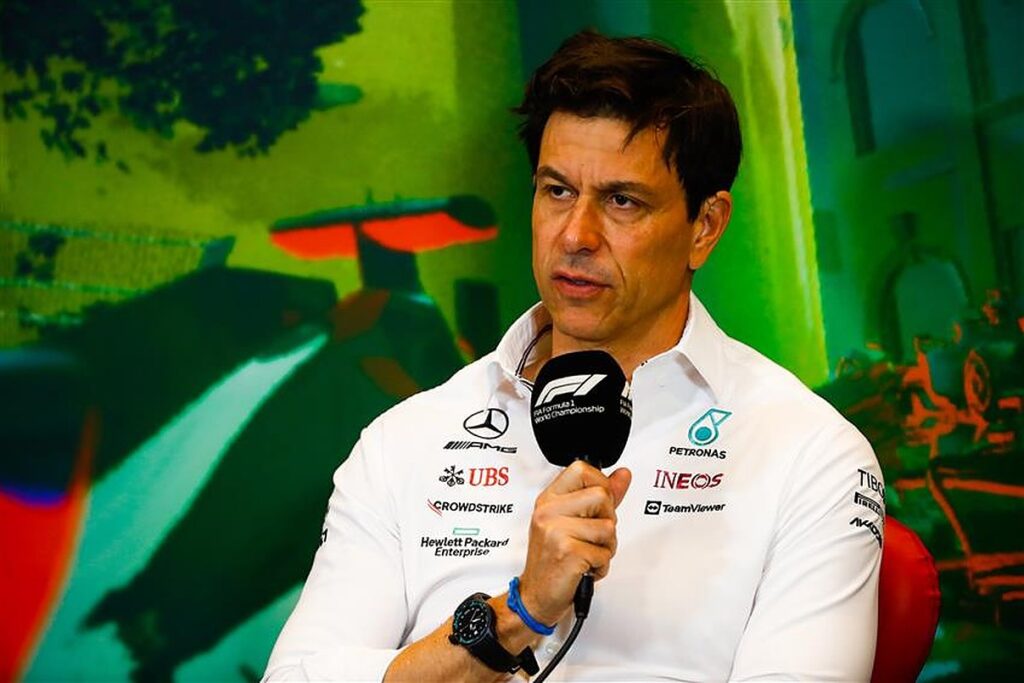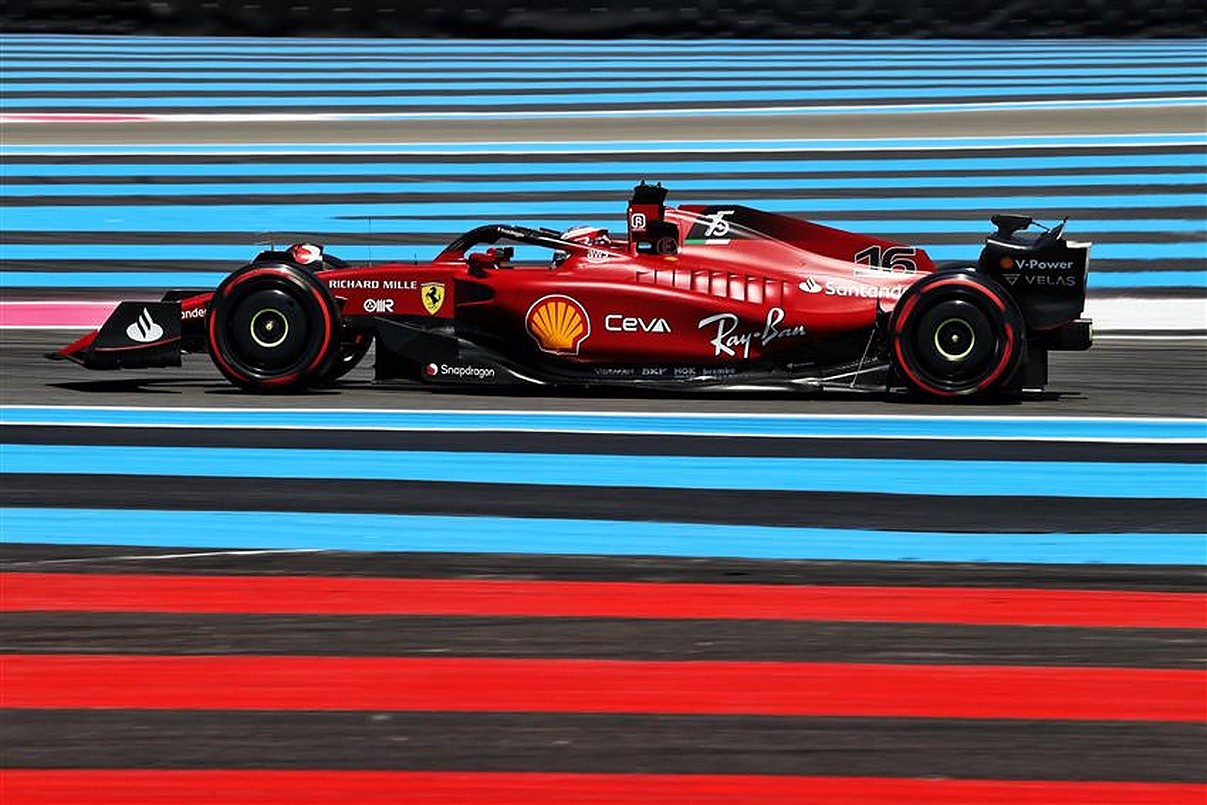This weekend’s Belgian Grand Prix is set to be the first race under the revised regulations, but will there be a change to the pecking order?
Red Bull and Ferrari are certain that it is not going to affect their performance, while Mercedes have been coy as to whether it might bring them closer to the front.
Firstly, we need to look at why the new rules are being introduced, and how the changes have come about.

READ: F1 CEO could have good news for fans after making ‘money’ claim
At the start of the season, ground effect aerodynamics were brought back to the pinnacle of motorsport, and this necessitated a completely new design of the chassis and the floor.
The fuel is different too, and the different chassis shape has meant that the engine the fuel is being fed into needed to be altered slightly.
Pair all of that with the new 18-inch Pirelli rubber in 2022, and we have one of the biggest rule changes the sport has ever seen.
The aim was to create a closer racing spectacle by allowing the cars to follow closer for longer and, on the whole, it has worked a treat.
We have seen plenty of amazing battles thus far, and the wheel-to-wheel action has kept us on the edge of our seats.
However, there is an unfortunate side effect of the new regulations, and that comes in the form of “porpoising” and bouncing.
Mercedes have been struggling with the phenomenon all season so far, which has been costing them performance as they try to understand how to make their unique design work consistently.
But it also proved a safety issue, as the continuous contact between the floor and the track surface became a threat to the drivers’ long-term health.
The FIA intervened at the Canadian Grand Prix, introducing a technical directive (TD) that enables them to ask teams to raise the ride height of their cars if they feel there is too much oscillation.
The measurements they took in Montreal will inform the limit set this weekend in Belgium, but there is more.
When they looked at the underside of the cars, the FIA found that there are some planks deflecting by more than 2mm in areas that are not covered by regulation, while some teams are also using moving skid blocks.
Mercedes’ George Russell recently affirmed that Ferrari and Red Bull have “pushed” the regulations, although what they have allegedly done is not strictly outside of the law.
It will be as of this weekend, and the argument from the current top two teams is that Mercedes are using safety as an excuse to convince the FIA to change the rules in their favour.
They have suggested that Mercedes need only raise the ride height of their car if they do not want to encounter bottoming, but they do not want to do so for performance reasons.
The counter from the Silver Arrows, who trail second-placed Ferrari by 30 points after their recent upturn in form, is that there is no guarantee that the regulation changes will adversely affect them.
They also remain adamant that safety must come before performance.
Having achieved eight podium finishes in the last six races Mercedes were already on the up, so Russell and Sir Lewis Hamilton are closing in on the front of the grid.
However, they still have a car that, at the moment, is not quite capable of running low to the ground like Ferrari and Red Bull are.
READ: ‘Breaking the rules on technical stuff’: Toto Wolff fires warning about budget cap breaches
Upgrades will help with that, but some of the work this season will have to be put towards informing how they can improve and come into 2023 with a consistent package.
Whether they will be helped or not depends entirely on whether, with the new rules, every team is still able to run their cars low.
Both Ferrari and Red Bull have maintained that they will not be forced to change anything, as the lack of moving skid blocks will have no impact on their set-up.
Mercedes have not been running any of what has been outlawed over the summer, so their car will not be impacted at all.
With the way that their competitors adapted to the new rules this season, it is hard to imagine they will not be able to succeed with shifted goalposts, so further Mercedes’ improvements this year will be down to their own hard work and evolution.
But a change in regulations will very likely not be what shifts the pecking order in the remainder of 2022.

